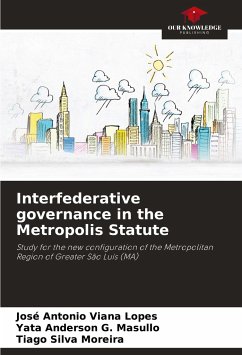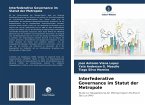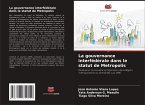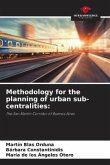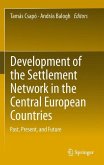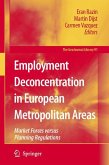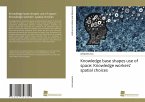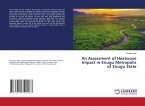With the approval of the Metropolis Statute, the National Urban Development System established the criteria and guidelines for the development policy of Brazilian metropolitan regions, resulting in the need for adjustments and adaptations to existing metropolitan arrangements, since only those territorial units that implemented their interfederative governance system would be recognized. In São Luís, the capital of Maranhão, the legislation passed from the 1989 State Constitution until 2014 did not make it possible to implement the institutional arrangement needed to manage the metropolitan region. This study supported public discussions on the legal and institutional instruments capable of making the Greater São Luís Metropolitan Region effective, in the light of the Metropolis Statute. The proposed regional section and the analysis of social, political, economic and environmental indicators in this study mark the beginning of a collective reflection - with civil society, managers, professionals, technicians and researchers - which has been able to overcome the barriers and obstacles historically placed in the way of urban policies and the inter-federative governance of a metropolitan region.
Bitte wählen Sie Ihr Anliegen aus.
Rechnungen
Retourenschein anfordern
Bestellstatus
Storno

